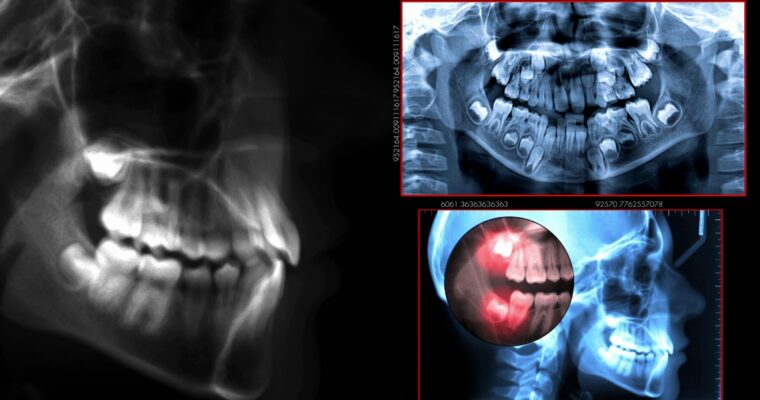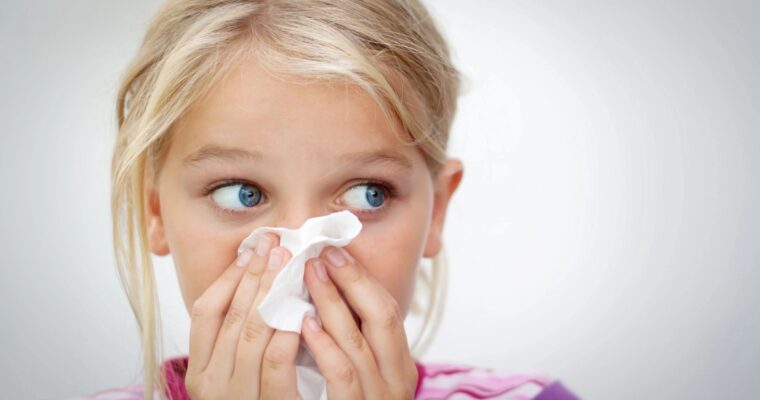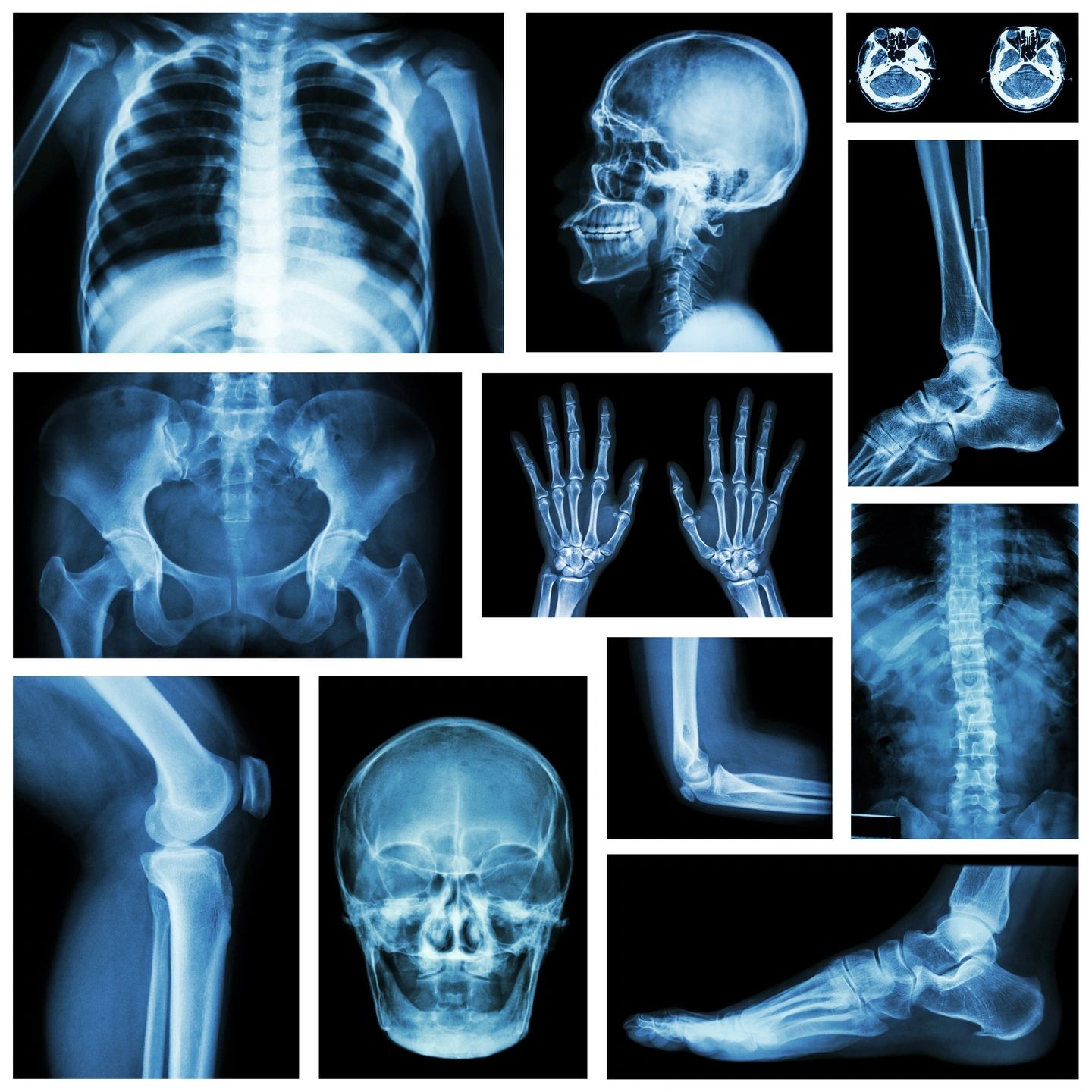Bromelain- The Power of Pineapple
Dr. Claire Arcidiacono, ND
Bromelain is an enzyme that has been written about many times in the past. In fact, there are even a few blogs on the Invite website itself! Yet, despite this, people still have a few unanswered questions about this interesting supplement. In this blog I will be offering a slightly different outlook on bromelain. So, let us get into it, shall we?
Bromelain is an enzyme that is found in pineapples. Now a lot of people will hear this and ask, “why can’t I just eat a little pineapple?” Other people will chime in with “but Dr. Claire I hate taking pills why can’t I just use some pineapple juice?” There are many reasons why it is better and easier to use bromelain in pills than eating fruit or drinking juice. When you eat pineapple there is some naturally occurring bromelain. However, eating pineapple does not usually supply a large enough dose of Bromelain to help with pain or even breakdown food. (1) Pineapples, like all plants, can vary in what they contain. This is true for bromelain. Different batches of pineapple can have different concentrations of bromelain. Even various parts of an individual pineapple can have different concentrations of bromelain. Which brings up the next point. The highest concentration of Bromelain in pineapple is found in the hard stem. (2) In order to use pineapple as a primary source of bromelain you would really have to eat the hard stem.
When it comes to supplements, in my clinical experience it is important to be consistent. I often tell people that the more consistent they are with supplements the better they will work! That said, in my clinical experience, if you are getting Bromelain from pineapple, you would need to eat it EVERY DAY. While yes pineapple is a delicious treat do you really see yourself chowing down on the stem of a pineapple every day?
If your response to this point is what about canned pineapple? I am sorry to tell you this, but canned pineapple and commercially available pineapple juice do NOT contain any active bromelain! It is deactivated in these items. (3)
Pineapple, like all fruits contains sugar. This means that for anyone who has blood sugar issues such as diabetes or even Prediabetes, pineapple (as all fruits) should be consumed in moderation. (4)
So overall while in my experience you can get some benefits from eating pineapples using a supplement can increase the benefits you receive from bromelain. In fact, in an emergency where you do not have any supplements on hand pineapple can be a great fill in. However, if you do plan to use it as part of your daily supplement protocol, bromelain capsules are easier to incorporate into a daily regime.
Why even use Bromelain at all? Well studies have found several benefits for Bromelain! In 1 study it was found that bromelain is anti-inflammatory and has analgesic properties that make it extremely helpful for reducing pain! (5) Another study found that bromelain was helpful at reducing symptoms associated with chronic sinusitis such as swelling and congestion. (6) Studies have also found that bromelain can have certain benefits for cardiovascular health. For example, peripheral artery disease, stroke, heart attack and even high blood pressure! Other benefits include helping with allergic airway disease (such as asthma), helping with colitis and it even helps to treat burns. (1) Bromelain is also a digestive enzyme. (7)
Using Bromelain can be confusing! So how do I personally recommend using it? Well in my clinical experience it really depends on what your goals are. I find that if you are using bromelain as an anti-inflammatory, it works best away from food. If you plan to use it as a digestive enzyme it is best taken with food. If you are unsure how to use bromelain feel free to contact an Invite nutritionist!
Our next topic will be Dental Abscesses and Cavities.
Sources
- https://www.healthline.com/health/bromelain
- https://pmc.ncbi.nlm.nih.gov/articles/PMC8534447/
- https://www.verywellhealth.com/pineapple-carb-counts-health-benefits-1087567
- https://pmc.ncbi.nlm.nih.gov/articles/PMC538506/
- https://pubmed.ncbi.nlm.nih.gov/24273953/
- https://pmc.ncbi.nlm.nih.gov/articles/PMC3529416/
- https://www.nccih.nih.gov/health/bromelain







